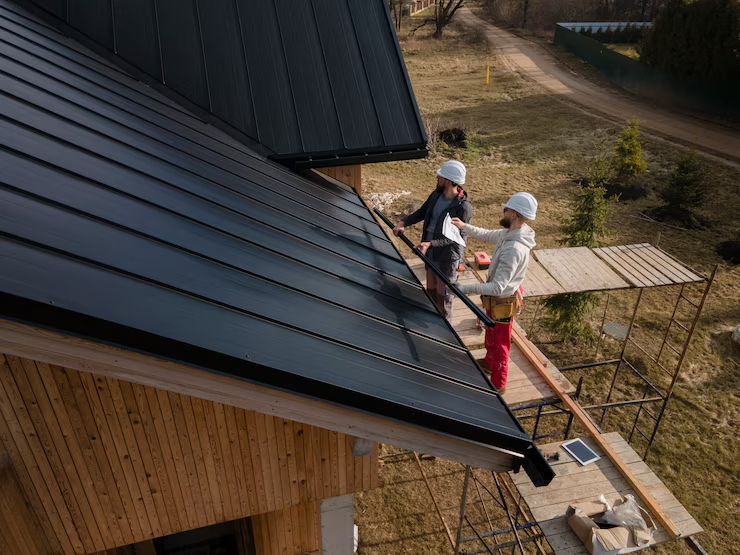If you’re planning a flat roof repair in Toronto, one important step that’s often overlooked is determining whether a permit is required. While minor repairs might not need city approval, larger jobs—especially structural or full replacement work—may legally require permits under Toronto Building Code regulations. Failing to get one when necessary can lead to costly delays, fines, or problems with insurance and resale.
So when do you need a permit? Generally, flat roof repair work that affects the structural integrity of the building requires a building permit. This includes replacing roof decking, altering the slope of the roof, adding or moving drains, or upgrading the roof system as part of an energy efficiency retrofit. These projects impact the safety and design of the building, and city inspectors must ensure they meet current codes.
On the other hand, basic maintenance and surface repairs typically do not require a permit. Fixing a small leak, resealing flashing, or patching membrane blisters can usually be done without involving the city—especially when the work is limited to replacing part of the waterproofing layer and not touching the structure underneath.
Still, the distinction isn’t always clear. For example, if your flat roof has multiple layers and you’re planning to do a full tear-off, that may fall under “structural replacement,” which could trigger permit requirements. Similarly, commercial flat roof repairs that involve HVAC equipment, rooftop solar panel adjustments, or parapet wall changes may also require separate mechanical or zoning permits.
To avoid confusion, it’s best to consult a flat roof expert who’s familiar with Toronto’s building rules. They can help determine if your project needs a permit and guide you through the process if necessary. In many cases, experienced roofing companies will even handle the permit application for you, ensuring proper paperwork is filed and inspections are scheduled.
It’s worth noting that unpermitted work can create serious problems. If the city discovers work was done without approval when a permit was required, you may face fines or be forced to redo the work—at your own expense. Additionally, insurance companies may deny claims if repairs weren’t done according to code or didn’t include the proper approvals.
If you’re unsure whether your repair project requires a permit, it’s always safer to ask. A quick consultation could save you from major headaches down the road.
For trusted guidance on both permits and professional flat roof repair Toronto, contact Flat Roof Repair Toronto. Their team offers code-compliant service for all residential and commercial needs, including flat roof repair and specialized commercial flat roof repair in Toronto.



